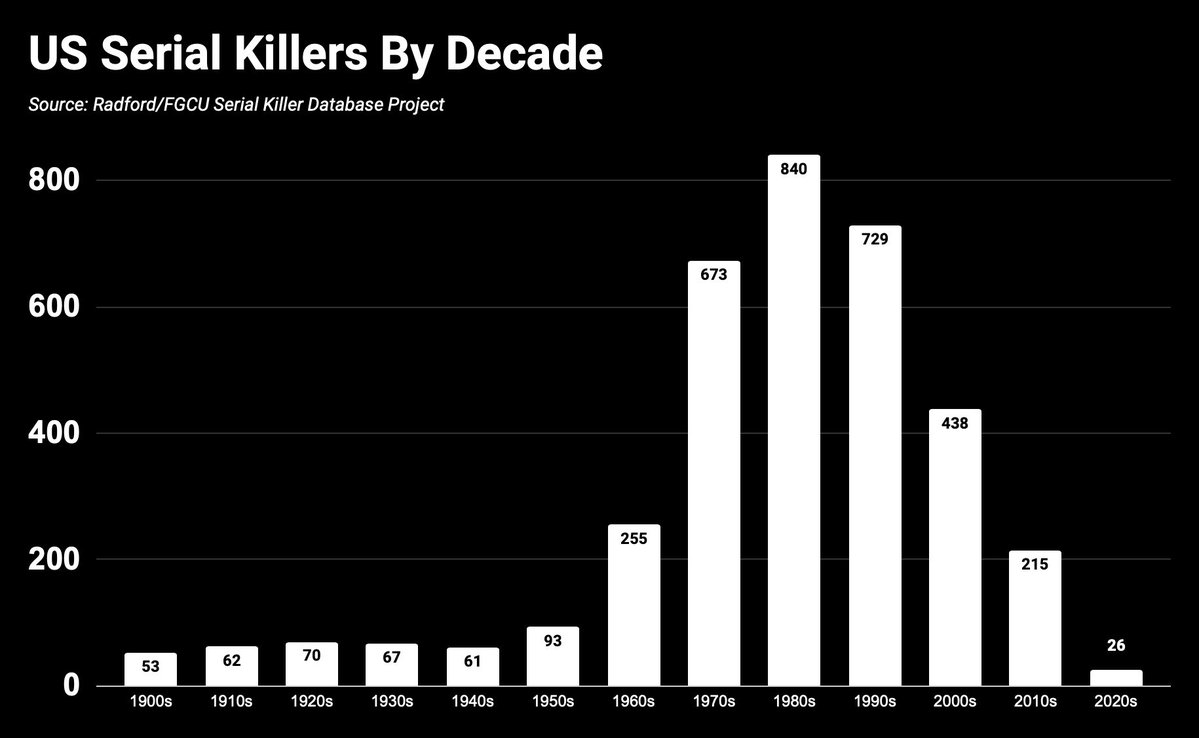A few people that follow me have complained they want finance discussion, not social justice rants. All new investors.
It's actually THE SAME ISSUE. In order to discuss where the market is going, you need to understand where it's been.
Inequality is a signal.
<thread>
It's actually THE SAME ISSUE. In order to discuss where the market is going, you need to understand where it's been.
Inequality is a signal.
<thread>
2/ First, it's rare for me to discuss discrimination *I* face. I discuss rising inequalities, and historic inequalities in the context of the history of commerce.
That's because as inequality begins to become a bigger discussion, the gap is widening.
That's because as inequality begins to become a bigger discussion, the gap is widening.
3/ When economies boom, we see resources spread across society more readily. Fewer people see the injustices that impact society, and a lot of people suffering think they're just a few moves at work from breaking out of the cycle.
The injustices still happen...
The injustices still happen...
4/ ... people just aren't in the streets, demanding change. Instead, that sliver of hope prevents a lot of focus on those issues.
Basically, these periods have fewer recorded issues of unrest, and therefore history is pretty light on the coverage of them. When things go south.
Basically, these periods have fewer recorded issues of unrest, and therefore history is pretty light on the coverage of them. When things go south.
5/ When the economy is in decline, we see resource allocation tighten – and fast. People with existing connections and privilege still have access to the wealth.
It's just cut off from those with fewer privileges. This is when people go out in the streets, and demand change.
It's just cut off from those with fewer privileges. This is when people go out in the streets, and demand change.
6/ As inequalities have greater recognition, the market approaches a top. We see a final divergence, where the rich hoard as much as possible, and those with modest incomes realize the system was rigged against them.
Once this happens, those with some privilege align.
Once this happens, those with some privilege align.
7/ The disruption of commerce finally hits a system, and rich people start losing money. Governments throw people a bone, taken from the rich, and this redistribution marks a positive for society, but a dip in the market.
8/ Once redistribution has reached an optimism phase, people begin to enjoy their bone, and believe they can work up the system again.
The cycle restarts.
<thread/>
The cycle restarts.
<thread/>
This is also why older dudes in Greenwich, with more money than god, who I have a little street cred with, call me to say, "explain defund the police?"
... and 30 y/o guys that bought their first stock last year, DM to say white people are the real victims in society.
... and 30 y/o guys that bought their first stock last year, DM to say white people are the real victims in society.
• • •
Missing some Tweet in this thread? You can try to
force a refresh





